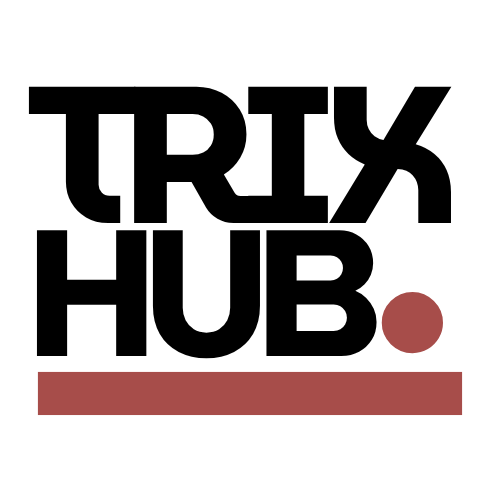Degree titles vs intellectuals
Are they the same?
I found myself in the middle of a discussion on a Youtube video by the channel “Psychology with Dr Ana”, where she – the doctor – talked about “pseudo-intellectuals”. While I’m not against Ana’s take necessarily, I do disagree with a lot of the outcome; the comment section and some of her conclusions: that only highly educated people could be considered intellectuals.
Because being an “intellectual person” isn’t a title, like a doctor or social worker, it’s more how you are perceived by others. Thus, you have very little control over how other people see you.
You can be well-educated but still come across like a close-minded know-it-all who only follow what you are told. At the same time, some other person, with just an average level of formal schooling can be perceived as wise beyond their years with plenty of intellectual takes. And vise versa.
I felt like I was misunderstood in the discussion on Youtube because I never disregarded education. It’s very important with accessible education, and studies also shows that education is the answer to many world problems… The more educated people are the better things will be.
However, I do think the education system is flawed and ableist sometimes and is often putting people in boxes of how well they adjust to the school rather than what they actually know about the things they learn. People repeatedly told me that educated people are more intellectual in the comments of Ana’s video. One person said that self-taught people often has missing pieces in their knowledge and so on. I simply don’t agree with that. There are more ways to be a learner that are not formal higher education. There are plenty of famous naturally talented people when it comes to knowledge and thinking and learning.
And I’m saying this as a person that are quite educated myself. Not a doctor (yet, haha!) but I am in university (actually doing a dubble degree for the moment!) and I also take other online courses (of various levels) in subjects like psychology, different branches of philosophy, religious studies, and even STEM* subejcts to re-learn things I missed in high school or simply have forgotten about. So I would never say that education is not important, because it is!
With that said I would still argue though, that intellectual is not a title, it’s how others perceive you regardless of formal education or educational title.
I mean we cannot force others to think we are smart even if we know what we talk about! Some things just are.
I would say, though, that practicing health care services when you’re not licensed is wrong. Pretending to be something you are not, is wrong. But that’s not what we’re talking about here.
Here are some of the comments I posted to prove my point…
I’m not posting these comments to convince people that I’m right necessarily! I just wanted to export the discussion to over here because it’s truly interesting how we’re assuming university equals authority and intelligence in the day-to-day life. It doesn’t if you’re not for example a patient in the doctor’s office or a similar situation. In that example, I have personally perceived many doctors as impatient, bad at explaining and sometimes are plain rude because they know more than me about my illness – qualities that are not, at least to me, associated with an ”intellectual”…
So why do I bother writing about discussions on YouTube? I like writing and I think it’s important to think beyond what people tell you. Hopefully I can inspire other people, that’s the entire purpose of my internet presence.
I will end this article with a quote from my beloved grandfather, a very wise and thoughtful (and even intellectual!) man:
”Always think for yourself, and use your own head! You are just as capable as the people you admire.”
– A.J



